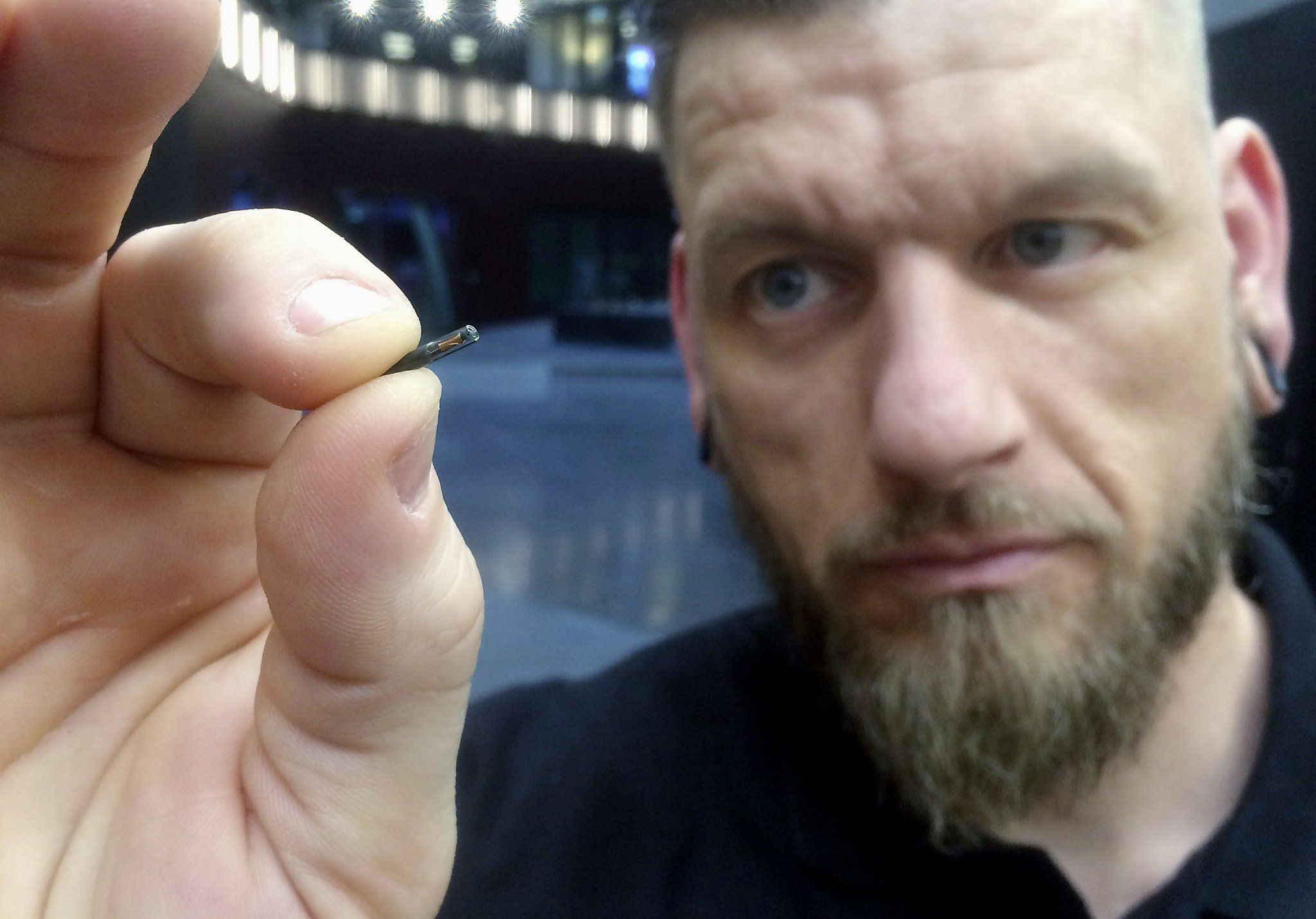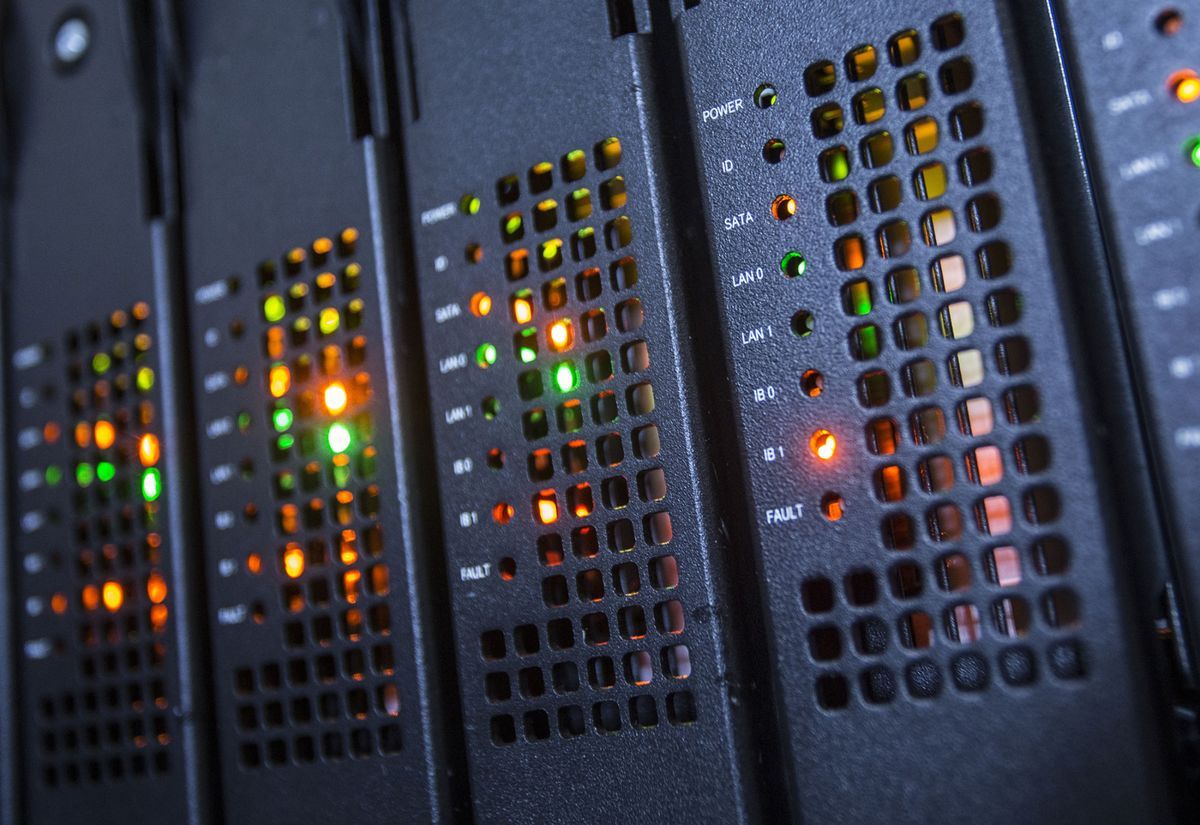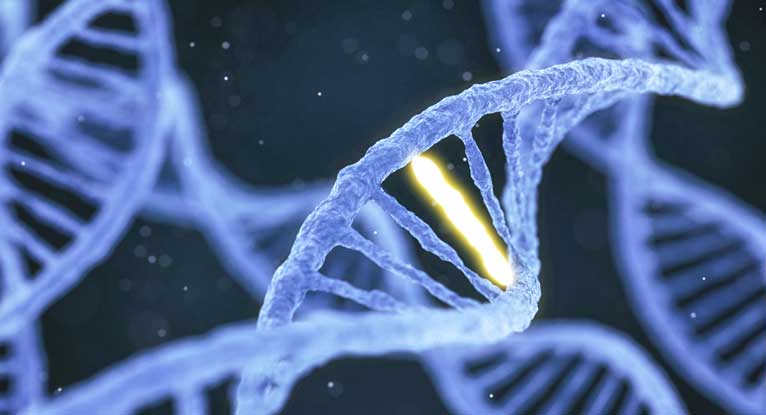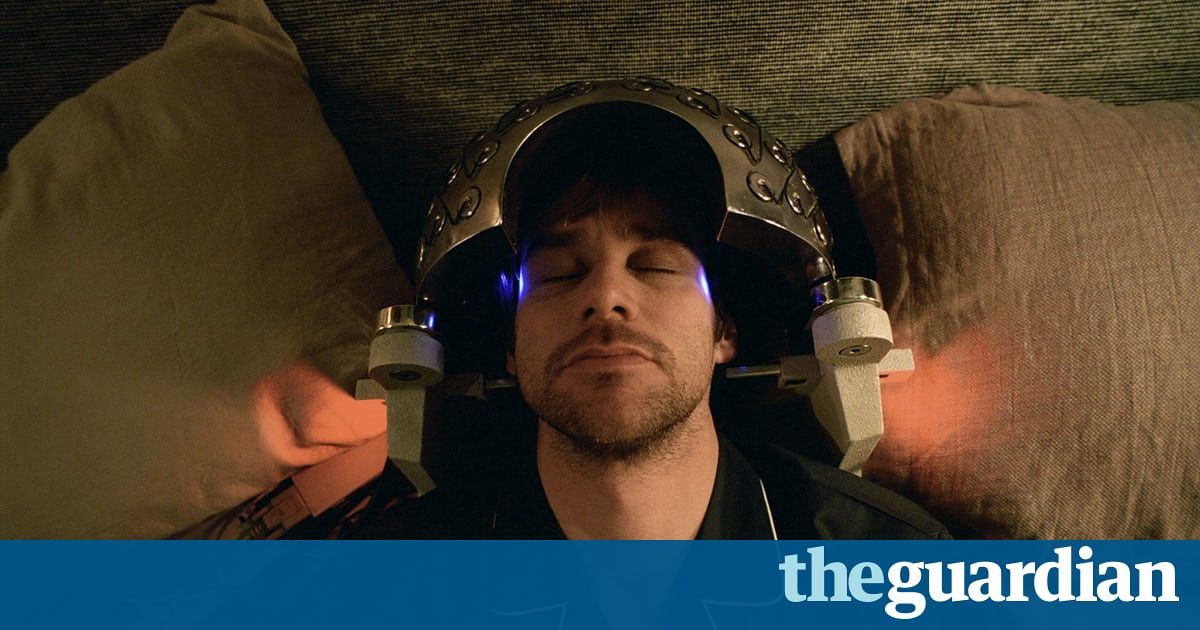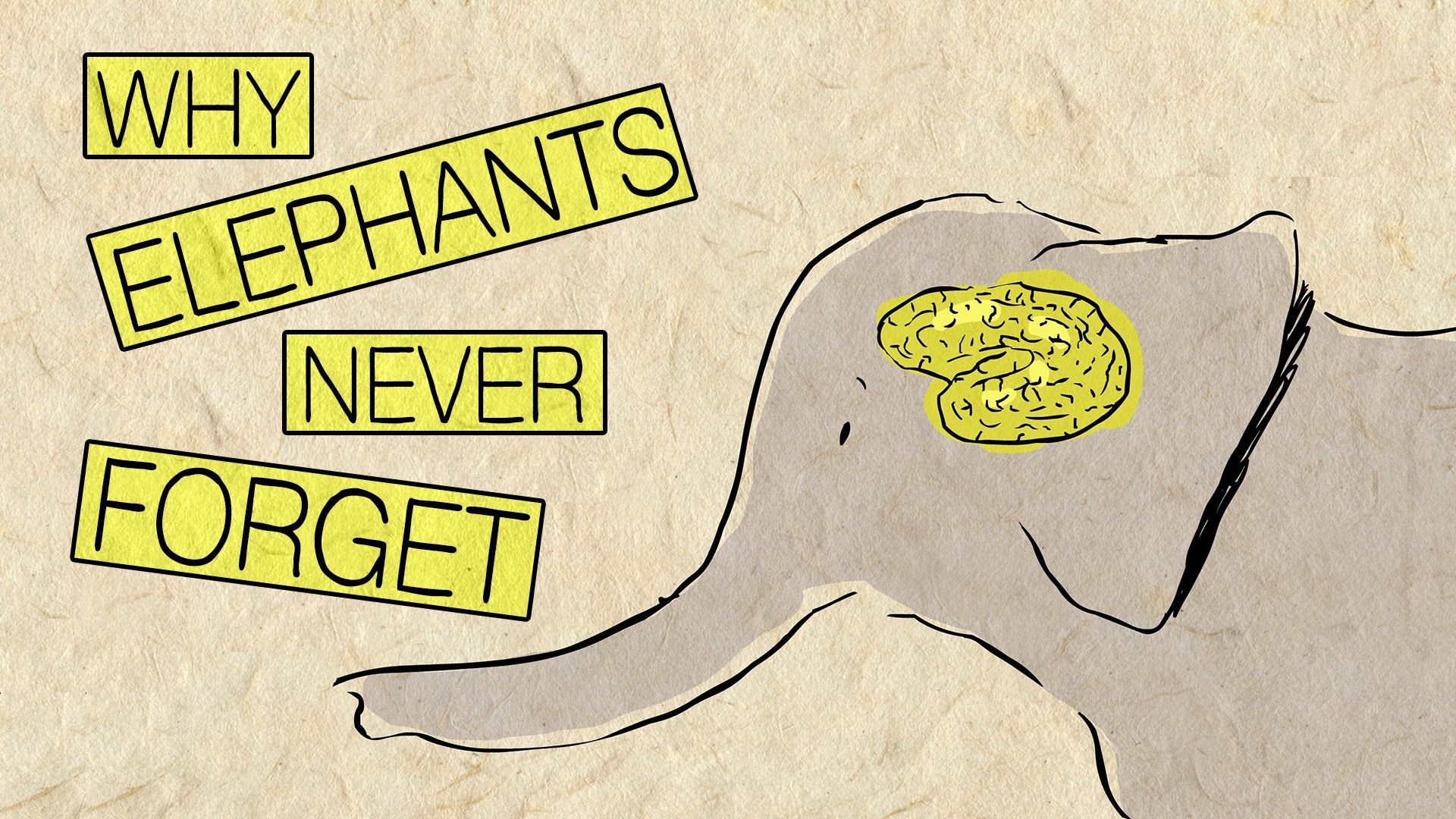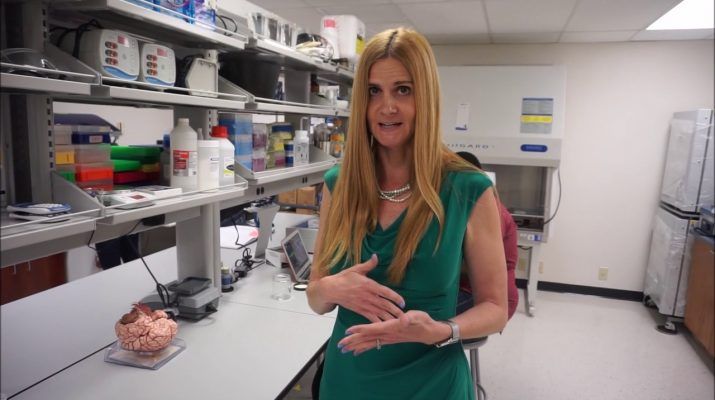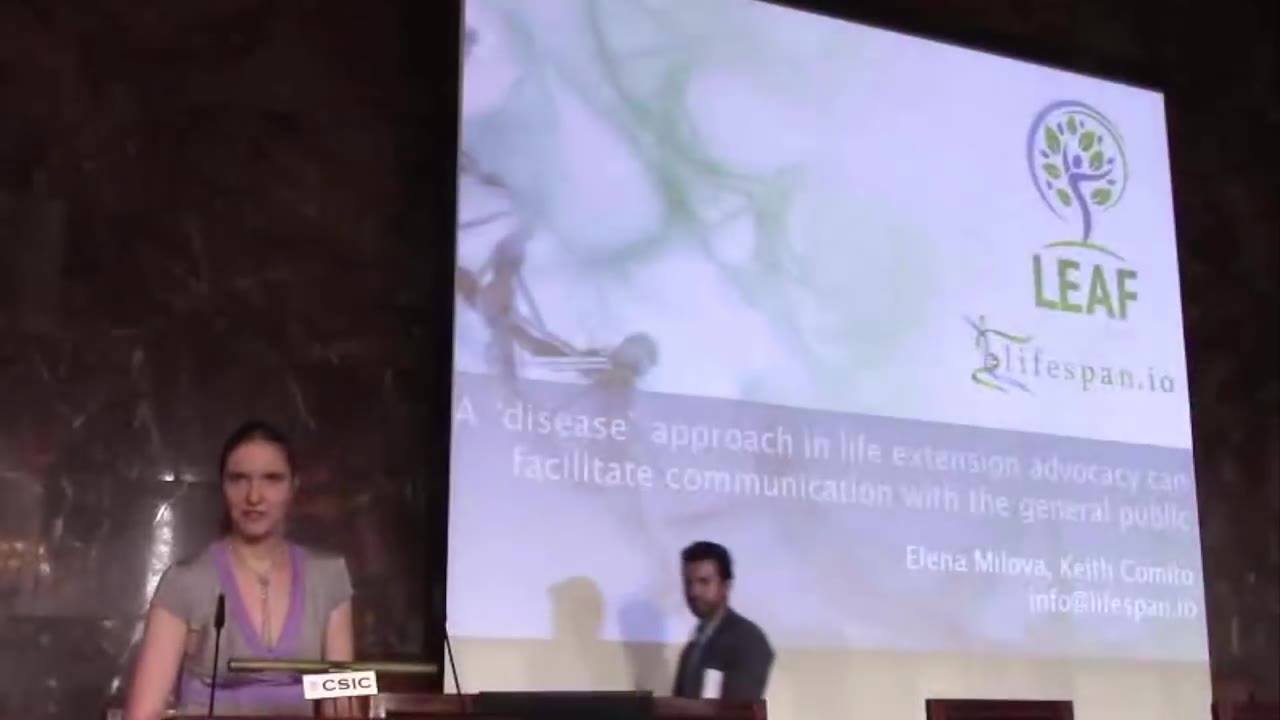Aug 27, 2017
Chip implants make humans more efficient
Posted by Zoltan Istvan in categories: biotech/medical, computing, food, neuroscience, security, transhumanism
My new Op-Ed for The San Francisco Chronicle: http://www.sfchronicle.com/opinion/openforum/article/Chip-im…003194.php #transhumanism
Wisconsin company Three Square Market recently announced it will become the first U.S. company to offer its employees chip implants that can be scanned at security entrances, carry medical information and even purchase candy in some vending machines. A company in Europe already did this last year.
For many people, it sounds crazy to electively have a piece of technology embedded in their body simply for convenience’s sake. But a growing number of Americans are doing it, including me.
Continue reading “Chip implants make humans more efficient” »
